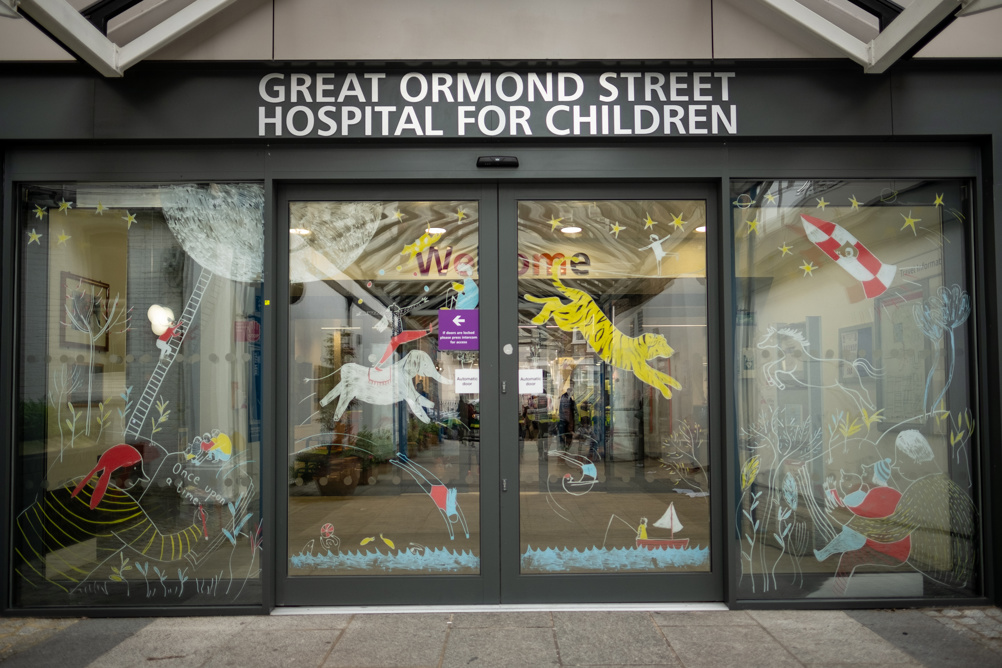
London’s Great Ormond Street Hospital saw nearly 15 times the number of cases of apparent child abuse among young children in one month compared with the same period in the previous three years.
The babies, six boys and four girls, ranging from 17 days old to 13 months, were admitted with extensive bruising, swollen scalps, breathing issues, loss of consciousness and seizures.
Scans revealed brain bleeds, tissue bruising and skull fractures as well as bone fractures elsewhere.
This figure compares with an average of 0.67 cases a month for the same period in 2017, 2018, and 2019, representing an increase of 1493 per cent in 2020, say the authors.
Register now to continue reading
Thank you for visiting Nursery World and making use of our archive of more than 35,000 expert features, subject guides, case studies and policy updates. Why not register today and enjoy the following great benefits:
What's included
-
Free access to 4 subscriber-only articles per month
-
Unlimited access to news and opinion
-
Email newsletter providing activity ideas, best practice and breaking news
Already have an account? Sign in here
